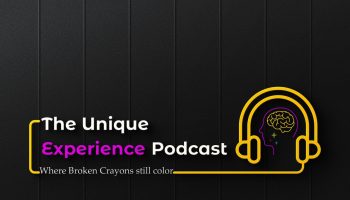
Let’s take a moment to reflect on the recent election and what it truly means for us as individuals and as a community. Elections are more than just a tally of votes—they’re a reflection of our collective hopes, fears, and aspirations. They have the power to shape our future in profound ways, both good and bad.

The Power of Leadership
The leader we elect sets the tone for our nation. They influence policies, shape our international relationships, and impact our daily lives. A good leader can inspire unity, foster growth, and bring about positive change. They can address pressing issues, uplift marginalized communities, and work towards a better future for all.
The Challenges
However, no leader is perfect. Every administration faces challenges and makes decisions that may not always align with everyone’s values or expectations. It’s important to remember that while a leader can guide us, they are not the sole determinants of our destiny. We, the people, have the power to advocate for change, hold our leaders accountable, and work towards the common good.

Staying Focused on Our Purpose
In the midst of political debates and differing opinions, it’s easy to lose sight of our true purpose. Regardless of who holds office, our core values and principles should remain steadfast. We must continue to strive for justice, equality, and compassion. Our faith, our commitment to each other, and our dedication to making the world a better place should guide our actions.
Unity and Resilience
Elections can be divisive, but they also offer an opportunity for growth and understanding. Let’s use this moment to come together, to listen to each other, and to find common ground. Our strength lies in our unity and our ability to rise above differences to work towards a shared vision.

Moving Forward
As we move forward, let’s focus on building a future that reflects our highest ideals. Let’s support our leaders when they make positive strides and hold them accountable when they falter. Most importantly, let’s remember that real change starts with us. By staying engaged, informed, and compassionate, we can create a ripple effect that transforms our communities and beyond.
Unique’s Conclusion On Elections
In the end, the true meaning of the election is not just about who wins or loses, but about how we respond, how we grow, and how we continue to strive for a better world.
Stay hopeful, stay united, and keep pushing forward.
#GetSOM via @missunique & click here for more of The Unique Experience!


















